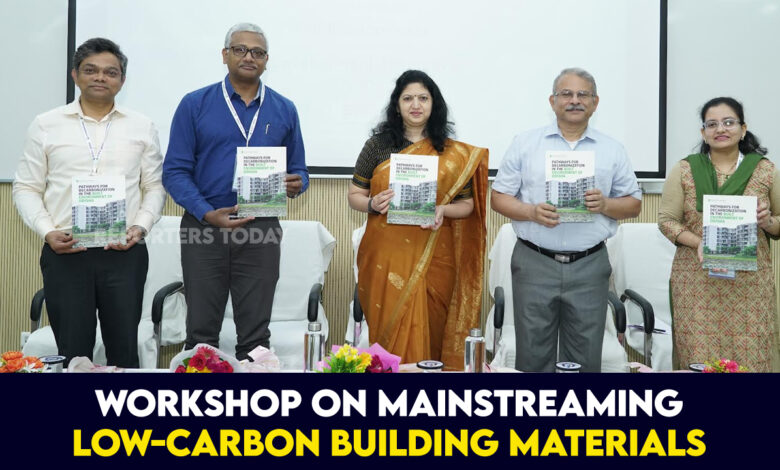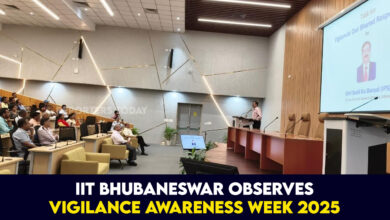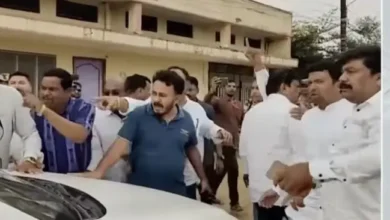IIT Bhubaneswar Hosts Workshop on Mainstreaming Low-Carbon Building Materials

Indian Institute of Technology Bhubaneswar, in collaboration with Development Alternatives, successfully organised a one-day workshop on “Mainstreaming Low-Carbon Building Materials to Transform the Built Environment in Odisha” at as the state moves rapidly toward urban expansion and sustainable infrastructure goals. The initiative was also supported by the Indian Metal and Ferro Alloys (IMFA).
Addressing the inaugural session, Smt. Usha Padhee, IAS, Principal Secretary, Housing & Urban Development Department, Government of Odisha, highlighted the responsibility of engineers and policymakers in making growth environmentally sound. She said: “Whatever we do in construction must consciously contribute to a healthier environment. We can only progress if we believe we can — and ensure our development is greener and eco-friendly.” She further stressed the government’s commitment to supporting regulations, capacity building, and entrepreneurship to mainstream sustainable materials such as C&D (Construction and Demolition ) waste
products.
Sharing the institutional vision, Prof. Shreepad Karmalkar, Director, IIT Bhubaneswar, emphasized the growing urgency for academia-industry-government synergy: “There is a growing need for stronger connectivity between industry, academia and government so that the knowledge created in higher educational institutions can rapidly translate into tangible societal impact. Materials are a critical area of national development, and with the scale of infrastructure growth in Odisha, appropriate building materials are essential to manage emissions. IIT Bhubaneswar is committed to contributing meaningfully to this collaboration and emerging as a national hub in
materials-oriented innovation.”
In his special address, Prof. Manu Santhanam, IIT Madras, underlined India’s dependence on finite building resources and the need for stronger policy push: “We must extend the life of natural resources and harness by-products and recycled materials effectively. The scientific evidence is here — now is the time for bold steps to utilize alternative materials and make a difference on the ground.” He noted that Odisha, with both natural resources and industrial by-products, is well-positioned to lead this transition.





